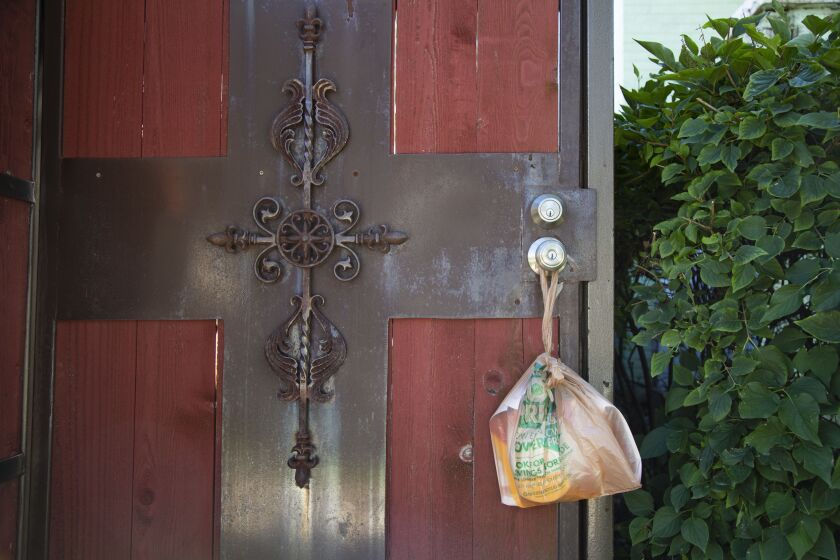Chicago’s oldest residential buildings would be required to install smoke detectors with 10-year batteries under a watered-down ordinance advanced Tuesday after changes were made to ease the burden on homeowners squeezed by the pandemic.
Nearly a year ago, the ordinance championed by Ald. Gilbert Villegas (36th) stalled in committee amid opposition from Fire Commissioner Richard Ford II and Public Safety Committee Chairman Chris Taliaferro.
They were concerned about the added cost to homeowners already absorbing a punishing parade of property tax increases.
On Tuesday, all of that opposition melted away. The City Council’s Zoning Committee unanimously approved the ordinance — with Ford’s blessing — after a series of changes by Villegas to make the new mandate less onerous, punitive and costly to homeowners and businesses.
Retailers would have until Jan. 1, 2023 to exhaust their stock of “non-conforming” smoke detectors with replaceable batteries. The sale or giveaway of smoke detectors with removable batteries would also cease on that date.
Apartment buildings would be required to install the new detectors by Jan. 1, 2022 and the fine for failing to provide working smoke alarms and carbon monoxide detectors in each unit would double to $1,000 per violation.
But people who own and live in their own homes or condominiums cannot be fined until Jan. 1, 2033 for failing to install a “sealed battery” smoke alarm if they have installed “all required” smoke detectors, and those detectors are functioning.
“Most of the battery-operated smoke detectors have a shelf life of 10 years. So this allows them a decade to run the full life of the current smoke detectors. Then, they transition over,” Villegas said.
Chicago Fire Department spokesman Larry Langford said allowing owner-occupied homes “continue to use standard-model” smoke detectors helped convince Ford to get on board.
That makes “the argument that folks might not buy them because of budget constraints on the poor who own homes a moot point,” Langford wrote in a text message to the Sun-Times.
Also, the Chicago Fire Department can “continue to pass out standard models to people who need them and are owner-occupied,” Langford said.

Chicago Fire Department officials had opposed an ordinance that would have required homeowners to install smoke detectors with 10-year batteries. Firefighters often pass out smoke detectors to neighbors after a fatal fire, and CFD still has a supply of older detectors with replaceable batteries. Here, a smoke detector hangs on the door of a home in Gage Park after a fatal fire on the block in August.
Anthony Vazquez/Sun-Times
In the original version, “We would have no longer been able to give away the same number since the ten-year models still cost three times as much as standard” smoke detectors, Langford wrote.
Despite the changes needed to secure passage, Villegas argued the ordinance will make Chicago a safer place to live.
“Other cities and states are outlawing non-conforming battery-operated smoke detectors because they’ve been proven to be unsafe. You have batteries that run out. You’re required to change them twice a year. And we’ve had over 150 deaths attributed to smoke inhalation,” he said.
“There’s a new technology out there, which is the sealed, 10-year smoke detector, that is better technology. … We’re giving almost a decade to come into compliance for homeowners. Landlords will have a year-and-a-half to get into compliance.”
Villegas said as “technology gets cheaper and cheaper,” cost concerns will dissipate.
“Right now, you could go to Amazon and get a ten-year sealed smoke detector for $14.50. If you use the current, 99-cent model that’s at Home Depot and you were to put batteries in there over the course of a ten-year period, it would come out to $23,” he said.
“Over the life of the smoke detector, it’s a tremendous cost savings.”






